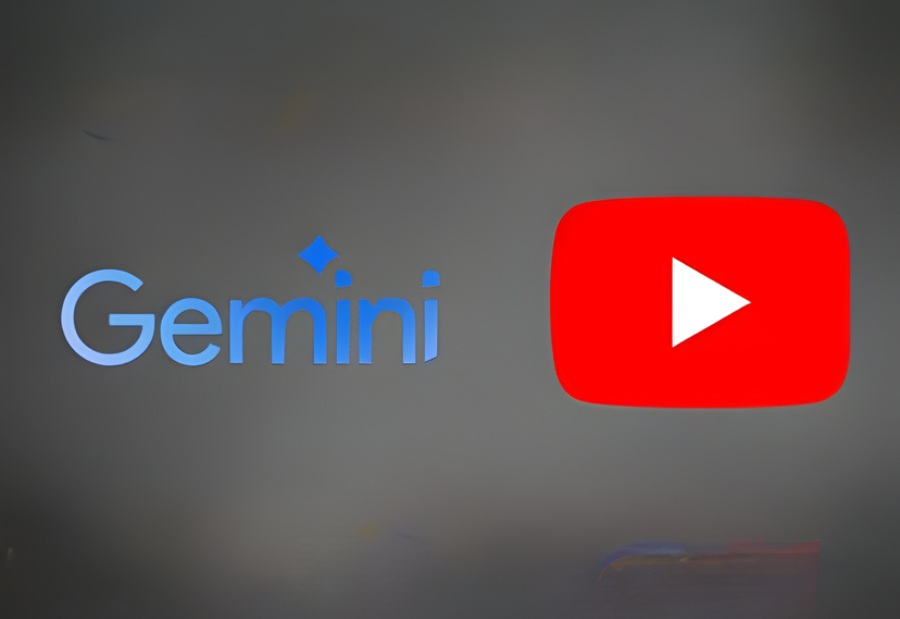Meta has launched Omnilingual ASR (Automatic Speech Recognition), a breakthrough AI framework capable of transcribing speech into text in more than 1,600 languages. Developed by Meta’s Fundamental AI Research (FAIR) team, the system marks a major leap in global language coverage, including support for around 500 lesser-known and low-resource languages — some being recognised by AI for the first time.
The company has also introduced the Omnilingual ASR Corpus, a large dataset featuring transcribed audio from 350 underserved languages. Alongside this, Meta unveiled Omnilingual wav2vec 2.0, a multilingual speech model that powers the new system and enables accurate transcription across a vast range of linguistic contexts.
Omnilingual ASR expands significantly beyond traditional speech-to-text systems, which typically support only a few dozen major languages. With this advancement, Meta aims to bring speech recognition, translation, and voice-enabled AI tools to communities whose languages have long been excluded from mainstream technology. The framework already includes regional Indian languages such as Awadhi, Maithili, Chhattisgarhi, and Tulu, making digital communication more inclusive for millions of speakers.
One of the system’s key strengths is its ability to learn new languages with minimal data. Rather than relying on massive labelled audio datasets, Omnilingual ASR can adapt using just a small set of paired audio and text samples. This feature is particularly valuable for languages with limited digital or written resources, allowing them to become part of modern speech technologies for the first time.
Built on Meta’s wav2vec 2.0 model, scaled up to 7 billion parameters, the framework applies techniques similar to large language models (LLMs). This enables the system to produce accurate transcriptions, even from limited examples, and makes it easier to scale to new linguistic contexts. The design also supports both lightweight versions for low-power devices and advanced models for high-performance applications.
Currently, Omnilingual ASR is available as an open research model under the Apache 2.0 license, allowing developers and researchers worldwide to freely use, adapt, and build upon it.
While Meta has not yet announced when this technology will be integrated into its consumer products, it could soon power voice-based features across WhatsApp, Instagram, and Meta AI, including voice message transcription and automatic captions.
Also read: Viksit Workforce for a Viksit Bharat
Do Follow: The Mainstream formerly known as CIO News LinkedIn Account | The Mainstream formerly known as CIO News Facebook | The Mainstream formerly known as CIO News Youtube | The Mainstream formerly known as CIO News Twitter
About us:
The Mainstream formerly known as CIO News is a premier platform dedicated to delivering latest news, updates, and insights from the tech industry. With its strong foundation of intellectual property and thought leadership, the platform is well-positioned to stay ahead of the curve and lead conversations about how technology shapes our world. From its early days as CIO News to its rebranding as The Mainstream on November 28, 2024, it has been expanding its global reach, targeting key markets in the Middle East & Africa, ASEAN, the USA, and the UK. The Mainstream is a vision to put technology at the center of every conversation, inspiring professionals and organizations to embrace the future of tech.




